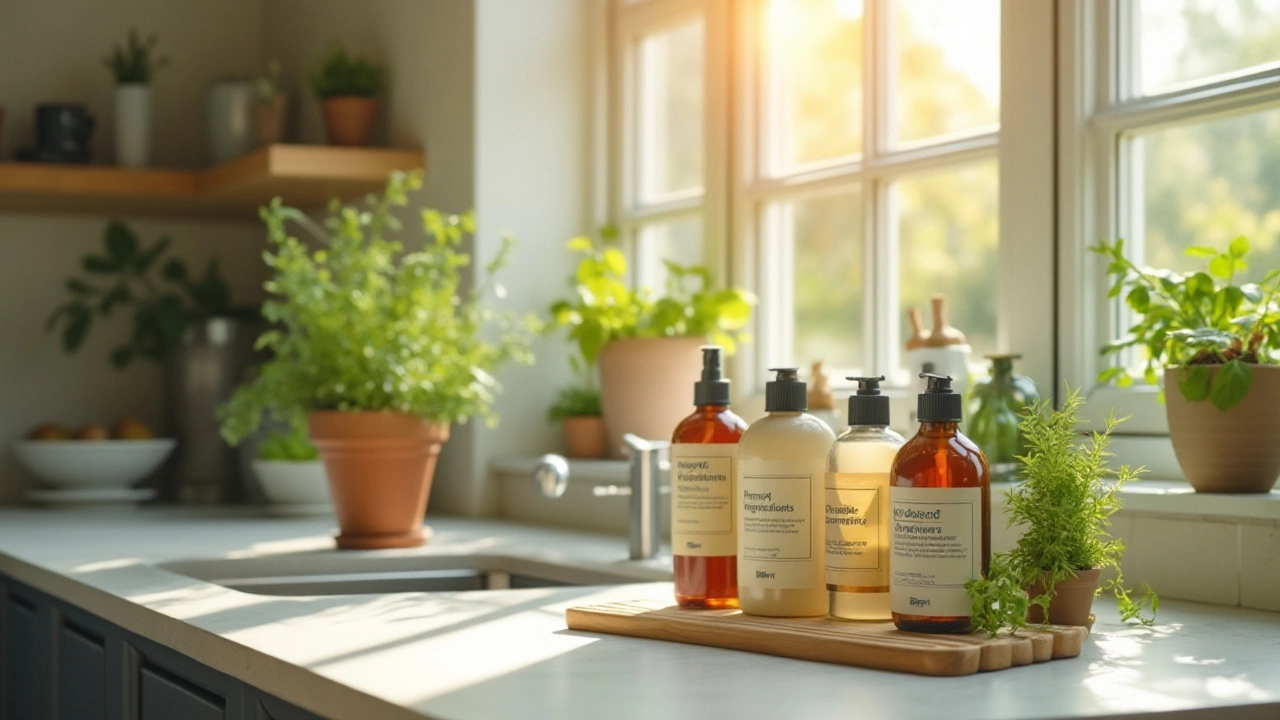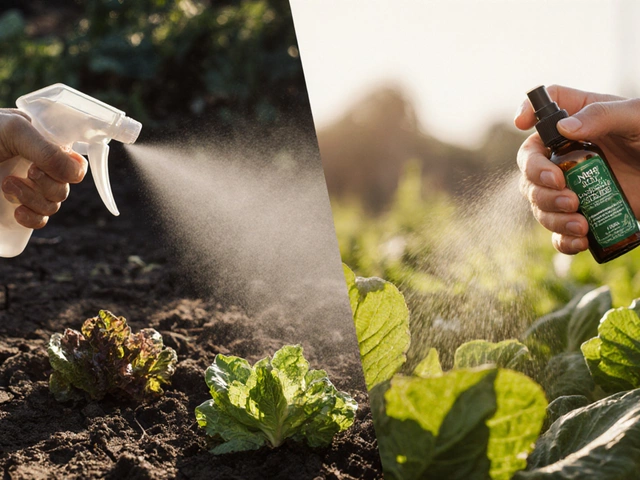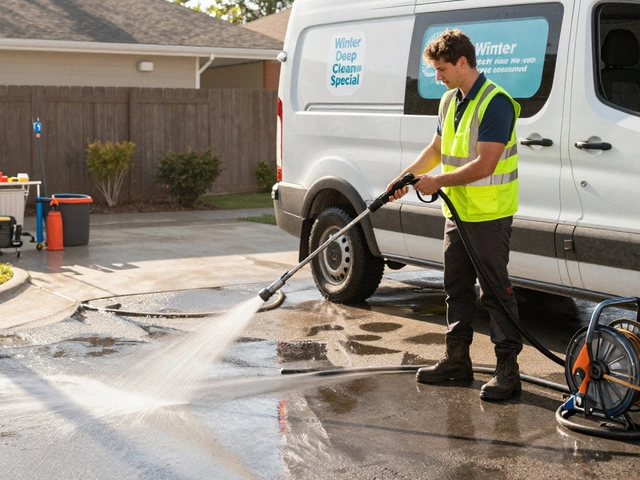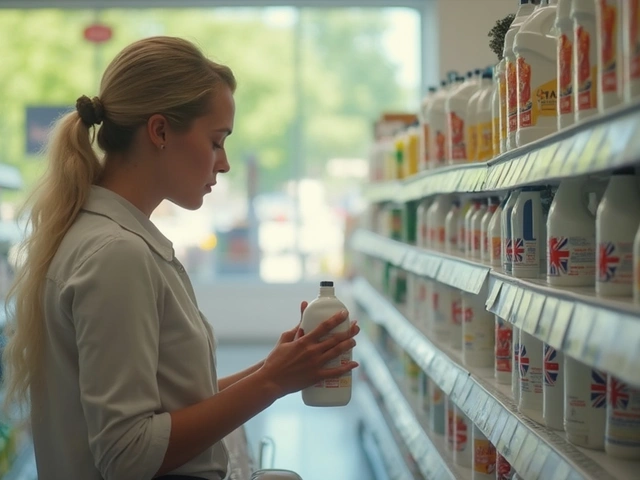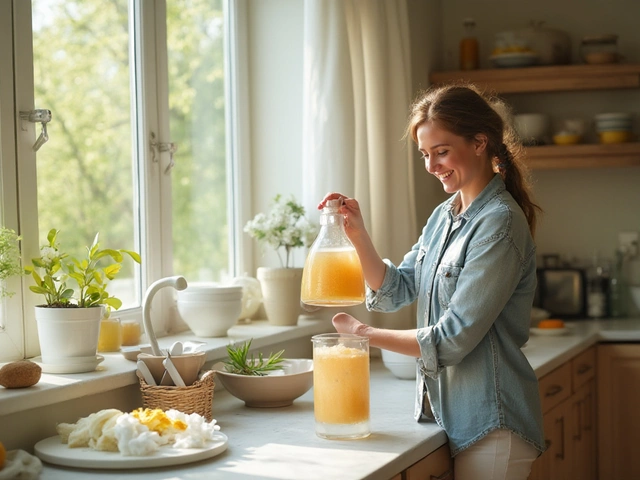In the quest for a cleaner home and a cleaner planet, eco-friendly all-purpose cleaners are becoming a staple in households around the world. These versatile products, crafted from nature-inspired ingredients, promise to tackle messes without the environmental guilt associated with their chemical-laden counterparts.
The heart of eco-friendly cleaning lies not just in maintaining a spotless living space but also in making choices that are gentle on the Earth. As consumers become more aware of the environmental impact of their purchases, the demand for sustainable and safe cleaning solutions has sparked a green revolution in the industry.
Choosing the right all-purpose cleaner involves a bit of knowledge and a dash of creativity. From understanding labels to recognizing ingredient lists, this guide will walk you through the essentials, helping you make informed choices that benefit your home and our planet. So grab a cup of tea, and let's explore what makes these cleaners the champions of sustainable living.
- Understanding Eco-Friendly Cleaners
- Benefits of Eco-Friendly All-Purpose Cleaners
- Popular Eco-Friendly Cleaner Brands
- Tips for Choosing the Right Cleaner
Understanding Eco-Friendly Cleaners
Eco-friendly cleaners are a breath of fresh air in the world of household cleaning products. Designed with sustainable living in mind, they avoid harmful chemicals and instead harness the power of natural ingredients to combat dirt and grime. The main goal is to minimize the harmful impact on both your indoor environment and the ecosystem at large. Eco-friendly cleaner options often focus on biodegradability, meaning the substances can be broken down by natural processes, thereby reducing pollution.
One of the key components is the use of plant-based materials instead of harsh synthetic chemicals. These may include essential oils known for their natural antiseptic properties, such as tea tree, eucalyptus, and lavender oils. These oils not only clean effectively but also leave behind a refreshing aroma. Companies like Seventh Generation and Ecover have been leading the charge, providing products that get the job done without the ecological guilt. A remarkable quote from Dr. Patricia Hunt, an environmental scientist, sums it up nicely:
"Switching to eco-friendly cleaners is not just a trend; it's a responsibility towards a sustainable future."
Another remarkable aspect of these cleaners is their packaging. Many brands are making an effort to reduce waste by using recycled materials or offering refillable options. This approach significantly cuts down on the single-use plastic crisis, which is one of the largest contributors to pollution. When you choose a cleaner that comes in sustainable packaging, you are taking a step towards lowering your carbon footprint. Brands such as Method and Cleancult stand out for their innovative packaging solutions.
The Science Behind Ingredients
The effectiveness of eco-friendly all-purpose cleaners relies heavily on the nature of their ingredients. Instead of relying on harsh solvents, they often use citric acid, baking soda, and vinegar. These components have powerful cleaning properties. Citric acid, for example, breaks down soap scum and hard water stains with ease, making it a staple in many formulations. Similarly, vinegar's acidity makes it an excellent degreaser, and baking soda is superb at neutralizing odors. These ingredients are not just environmentally safe but also safe for human exposure.
Interestingly, the transference to natural solvents does not mean a loss in cleaning power. Many green products match or even surpass their chemical counterparts in efficiency. The secret lies in understanding the properties of natural substances and applying them where they work best. There has been considerable success in harnessing enzymes to target specific stains and residues, offering targeted cleaning without unnecessary chemicals. Such innovations reinforce that going green does not mean compromising on cleanliness or effectiveness.
Certification and Trust
For those venturing into the realm of eco-friendly products, certification offers peace of mind. Look for seals of approval from reputable environmental organizations such as Green Seal or EcoLogo. These certifications verify that the product meets strict environmental criteria and provides transparency about what is or isn't in the product. However, it's crucial to remain vigilant as 'greenwashing' can mislead consumers into thinking a product is more environmentally friendly than it truly is.
By being aware of these certifications and taking the time to research products, you can make informed choices that align with your values. It’s a satisfying feeling knowing your cleaning routine contributes to a healthier home and a more sustainable planet. Embracing eco-friendly cleaners is not simply about making a purchase—it's about making a difference. So, as you embark on this eco-conscious journey, remember that small changes can lead to a significant impact over time.
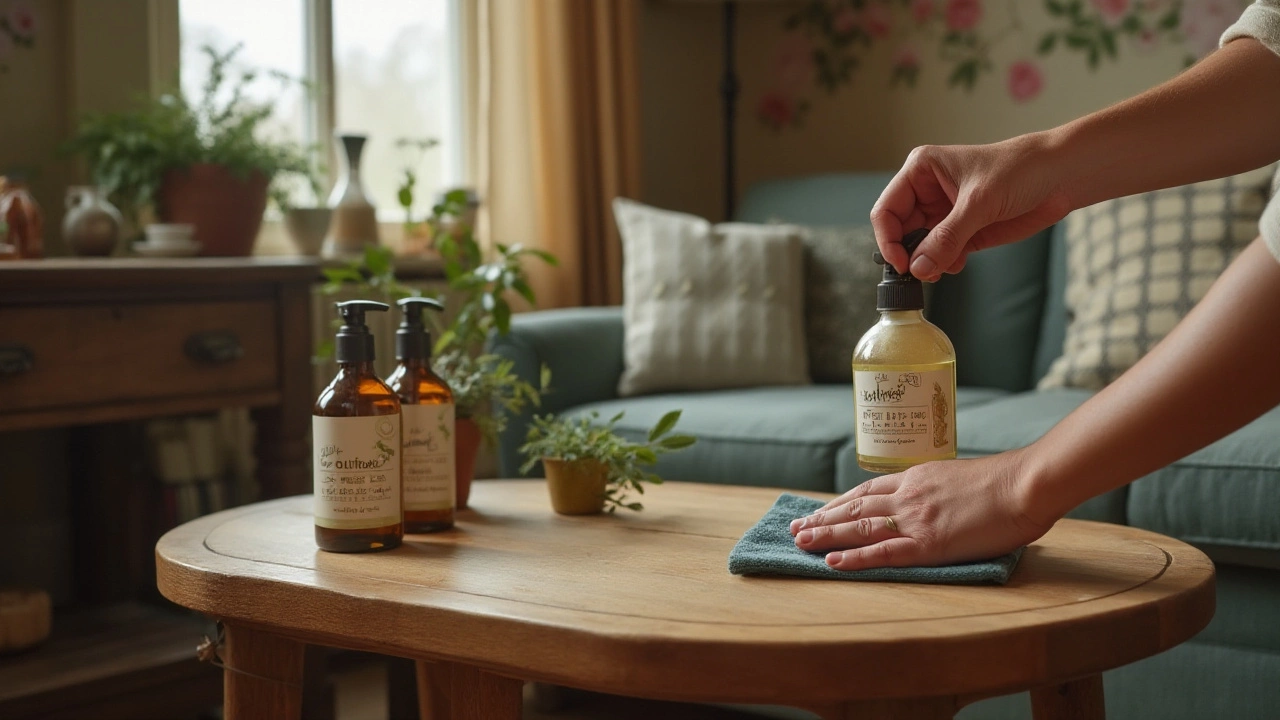
Benefits of Eco-Friendly All-Purpose Cleaners
Delving into the world of eco-friendly cleaners brings not just the satisfaction of a clean home, but the peace of mind that comes from making healthier choices for both ourselves and the planet. Traditional all-purpose cleaners often contain harmful chemicals like ammonia, chlorine, and phthalates, which can contribute to indoor air pollution and adverse health effects. On the other hand, eco-friendly cleaners use natural, biodegradable ingredients that clean effectively while preserving the quality of the air we breathe, emphasizing our commitment to a greener lifestyle.
One substantial advantage of these green cleaning solutions is their gentleness on the environment. These products typically come in recyclable packaging and contain ingredients that break down naturally, minimizing the ecological footprint. By opting for an all-purpose cleaner from a sustainable cleaning brand, you are supporting efforts to reduce waste and environmental harm, and actively participating in the global movement towards a more sustainable future.
Notably, eco-friendly all-purpose cleaners are often developed with hypoallergenic and non-toxic formulas, making them a safe choice for homes with pets, children, and individuals with sensitivities or allergies. Unlike conventional cleaners that can irritate the skin and eyes or exacerbate respiratory issues, these eco-conscious alternatives use gentle ingredients like plant-based surfactants and essential oils, offering effective cleaning without compromising personal health.
"We envision a world where conscious consumer choices lead to a sustainable, thriving ecosystem," says Tara Button, founder of BuyMeOnce, highlighting the importance of mindful purchasing decisions that align with personal values and global sustainability goals.
Moreover, such products foster a healthier indoor environment. The absence of volatile organic compounds (VOCs) in eco-friendly cleaners means reduced indoor air pollution, which can otherwise linger long after cleaning. This property is not just a boon for household health, but it also provides a more pleasant cleaning experience, free from overwhelming chemical odors. The light, refreshing scents often derived from natural sources like citrus, lavender, or eucalyptus, add an aromatic delight to the chore of cleaning.
In terms of efficacy, eco-friendly all-purpose cleaners have made impressive strides. Once thought to be lesser in cleaning power compared to their chemical-laden peers, many modern formulations are now proving to be equally robust. Whether facing grime in the kitchen or tackling bathroom stains, these green cleaners can hold their own, ensuring hygiene without the harsh aftermath of synthetic chemicals. With continued advancements in natural ingredients, leaving surfaces spotless and households healthier is more achievable than ever before.
Finally, integrating an eco-friendly cleaner into your daily routine is more than just a cleaning choice—it's a statement. A commitment to environmentally sustainable products reflects a broader awareness and concern for the Earth's fragile ecosystems. Supporting brands that prioritize ethical sourcing and environmentally friendly practices encourages a shift in industry standards towards a more sustainable future for all.
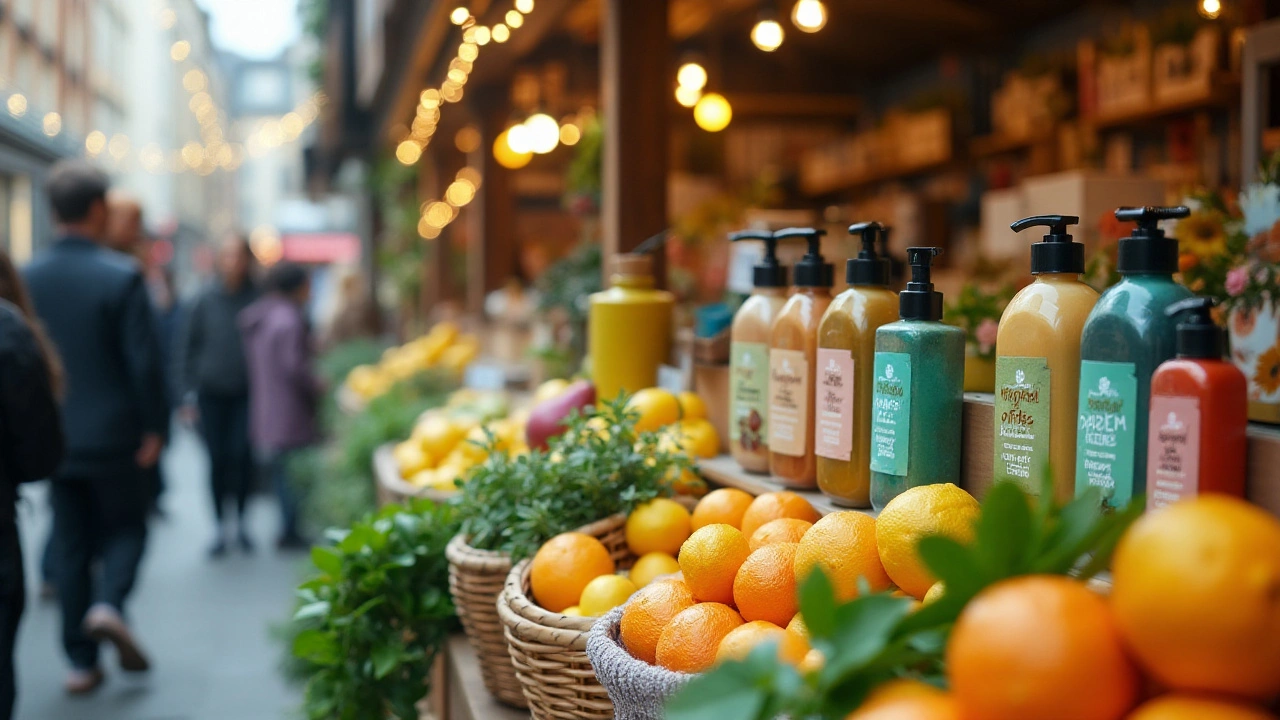
Popular Eco-Friendly Cleaner Brands
As environmental awareness rises, so does the interest in eco-friendly cleaners. Fortunately, numerous brands have taken up the mantle, offering products that promise to clean not just our homes but also our conscience. One such front-runner in the green cleaning movement is Method. Founded with the belief that cleaning can be both effective and pleasant for the senses, Method offers a broad range of non-toxic cleaners. Their products sport vibrant packaging and delightful scents derived from plant-based ingredients, ensuring your home smells fresh without synthetic fragrances.
Another trailblazer in the sustainable cleaning space is Seventh Generation. With over three decades of commitment to eco-friendly practices, this brand focuses on using biodegradable ingredients in its formulations. They are particularly noted for their transparency, listing all ingredients clearly on their labels. This approach allows consumers to make informed choices about what they bring into their homes. Seventh Generation also prides itself on advocating for climate justice and championing sustainability both in their corporate practices and community initiatives.
For those searching for authenticity and traditional methods, Mrs. Meyer's Clean Day is a name remembered. Inspired by garden fresh scents, this brand creates cleaners that remind you of a walk through a blooming garden. Not only are their products crafted from naturally derived ingredients, but they also sport cheerful, vintage-style packaging that is recyclable. Concentrated on the power of essential oils, Mrs. Meyer's values each ingredient's story, making sure that every choice advances their goal for healthful homes and earth.
Beyond these household names, Grove Collaborative emerges as a noteworthy mention. While it began as a smaller player, its dedication to cruelty-free and all-natural products helped solidify its place in the market. Grove ensures that all its products meet strict guidelines, free of sulfates, parabens, and phthalates. Recently, they even launched a plastic-neutral initiative to further their environmental commitment. This innovative effort is part-inspired by consumer desire for companies to take responsibility, rather than shifting the burden onto buyers alone.
"Sustainability isn't just about finding eco-friendly products; it's about reconciling our habits with nature and creating harmony," says sustainability expert Jane Goodwin.
The diversity in all-purpose cleaner options reflects the success of eco brands in catering to a wide audience. By tapping into different scents, aesthetics, and philosophies, these companies connect with consumers on multiple levels. This genuine engagement is key to encouraging more conscious consumption patterns, gradually steering mainstream cleaning routines toward a green cleaning future.
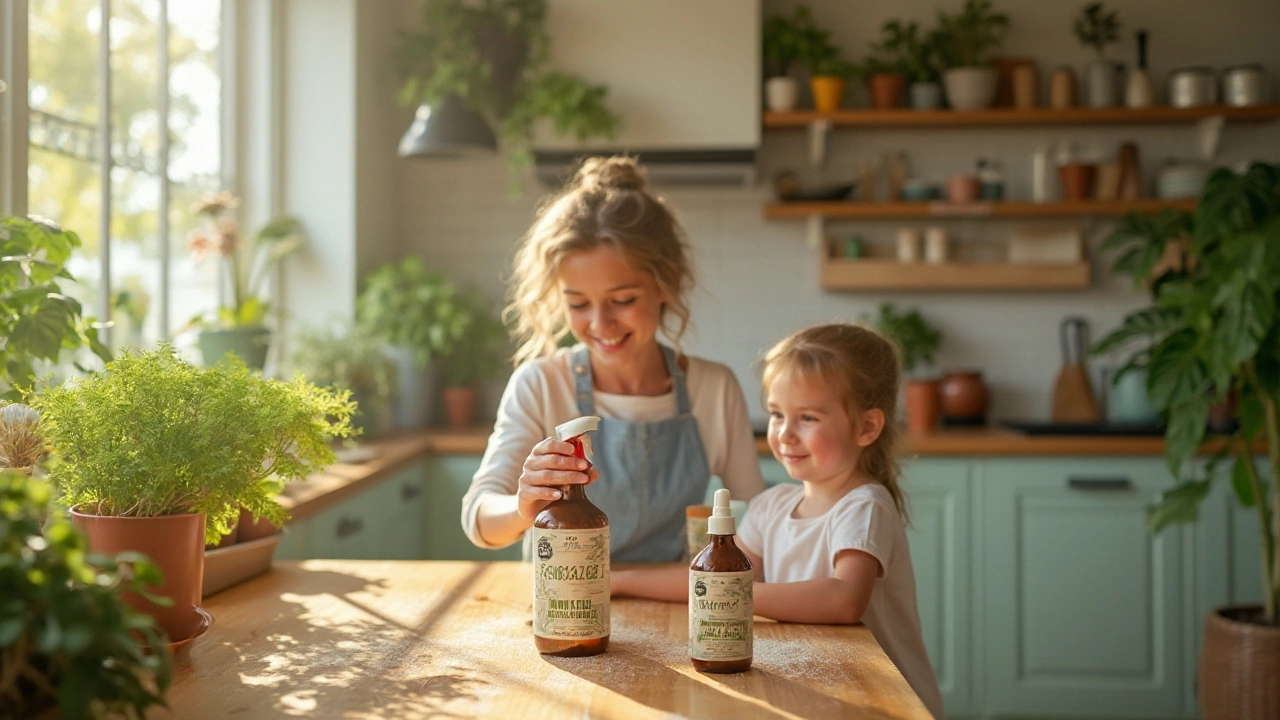
Tips for Choosing the Right Cleaner
Navigating the world of eco-friendly cleaner selections can seem daunting, with labels touting various environmental claims. However, understanding a few key pointers can make this task much easier. To start, when selecting a cleaner, always skim through the ingredients list. Truly eco-friendly products avoid using harmful chemicals such as phthalates, phosphates, or artificial fragrances. Instead, they rely on naturally derived substances, like baking soda, vinegar, or lemon extract, to fight grime. These ingredients are not only safe for your home but also break down easily, causing minimal harm to waterways.
Packaging is another aspect worth considering. Opt for products that use biodegradable materials or ones that participate in a refill program. Many innovative brands today package their cleaners in recycled materials or offer refill stations at local stores to minimize waste, which is a step in the right direction for sustainable living. Take a moment to also look out for eco-certifications like the Green Seal or EcoLogo, which independently verify a product's environmental claims, lending peace of mind that your choice contributes positively to the planet.
Jane Goodall once stated, "What you do makes a difference, and you have to decide what kind of difference you want to make." This reinforces the idea that each choice, even in cleaning, aligns with a broader vision of sustainability.
Brand Transparency and Innovation
Another crucial tip is to assess the transparency of the brand. Companies should ideally disclose the complete list of ingredients used in their products. A good practice is to visit the brand’s website to gather more in-depth information about their manufacturing process. Leading brands often take their commitment a notch higher by involving consumers in the journey through educational content on sustainable cleaning practices. This effort is not just about selling a product but about fostering an eco-conscious community that understands the impact of their choices.
Alongside transparency, innovation plays a key role. Some brands have developed concentrated formulas to reduce packaging waste and carbon footprint during transportation. These concentrated cleaners require dilution at home, meaning a single bottle can last significantly longer than conventional pre-mixed options. As a result, these compact solutions lower the number of trips needed to replenish supplies and reduce the demand for plastic production.
Price vs. Value
When evaluating cost, remember to weigh the long-term value over immediate expenses. Eco-friendly products might initially seem pricier than traditional options, but their concentrated nature often provides more uses per bottle. Furthermore, supporting brands advocating for a greener future may also align with your moral values, reflecting in a more conscientious lifestyle.
Choosing an all-purpose cleaner that meets these points may seem significant in isolation, but collectively, our choices drive the change towards a greener, cleaner world. So, reflect on these tips, make informed decisions, and enjoy the cleansing journey—not just of your home, but of the Earth as well.
